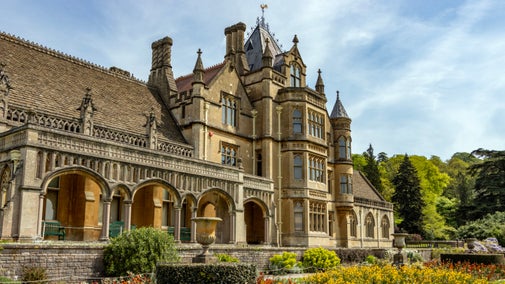
Discover more at Lytes Cary
Find out when Lytes Cary is open, how to get here, the things to see and do and more.
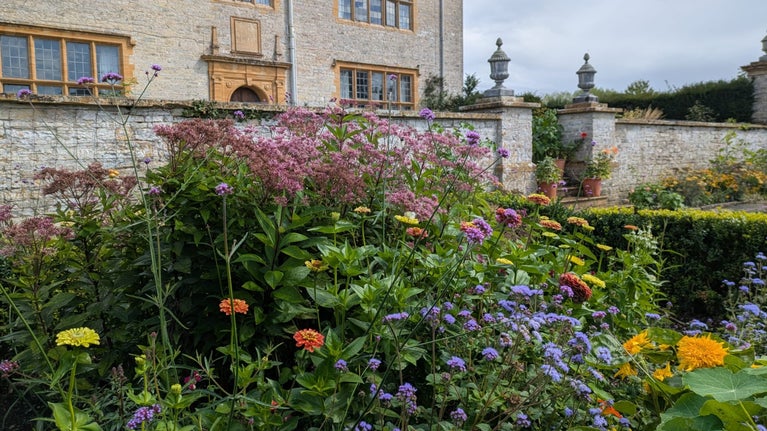
The garden at Lytes Cary Manor is laid out in a series of garden 'rooms'. High hedges create a garden full of unexpected delight, with a surprise round every corner and plenty of 'secret' spaces to discover, as well as a palette of colour and scent that provides year-round interest.
It's easy to spend several hours wandering through the garden at Lytes Cary Manor. From the formality of clipped yew and open lawns to classic English herbaceous borders and wildlife-friendly orchards, you'll find plenty to admire.
Conservation work is a continual process in the garden. There'll be interpretation boards to explain some of the longer restoration projects, and our knowledgeable gardeners will always answer any questions.
The pathway to the main entrance of the house is lined with 12 yew trees known as the Apostles. The trees were planted by Sir Walter and Lady Flora Jenner more than a century ago.
Over time, the yews grew too big for the space, making them difficult to cut. A programme of renovation began in 2023 to decrease the height and width, bringing them back into scale with the surrounding garden – pictures of the garden from 1947 show the shrubs at least one metre away from the path.
The National Trust Plant Conservation Centre took cuttings, as these yews were planted in 1910 and it is important to make sure we keep a genetic record of them. The trees will look a bit bare for a while, but with plenty of tlc from the garden team to speed regrowth, the Apostles shouldn’t need renovating again for another 50 years.
Other artistic designs have been cut into the hedges found throughout the garden. Look out for the topiary peacock, globular domes, angular pillars and softer cloud-shaped hedges. Challenge younger visitors to find as many different shapes as they can.
Through the beautiful brick wall is the Main border – a magnificent herbaceous border filled with colour in the summer. Take your time strolling along this beautiful example of a classic English border; there's a lot to see.
The wide open space of the Croquet Lawn (fancy a game? There are hoops set out in sumer) provides a contrast, with views out to open countryside. The border along the house is planted with a variety of herbs and medicinal plants, linking back to Henry Lyte's ground-breaking book, the Niewe Herball, a 16th century medical text on display in the house.
This smaller space is a charming secret garden, with low walls creating borders filled with herbaceous perennials.
Round the side of the house, you'll find another opening leads to the formal West Terrace and garden, filled with roses and herbs. Head past the white border, jam-packed with flowers in the summer, and turn a corner to find yourself in the Cherry Orchard.
This area is managed for wildlife. Grass is left to grow long under the cherry trees, which create a canopy of blossom in the spring. You'll find benches and seating where you can while away an hour listening to the song of the crickets. Bear right to find bog garden and 'secret' path to the Vase Garden.

Silent Space is a charity that encourages gardens open to the public to reserve an area where visitors can take time to reflect quietly and to enjoy the beauty of the garden and the sounds of nature without distractions. Here at Lytes Cary Manor, the Vase Garden is where you can switch off for a tranquil moment, enjoying the sounds of the garden. For more information on Silent Space, visit the website https://silentspace.org.uk
A four-year renovation project has recreated the Jenners’ Pond Garden. Follow your nose in the summer, as it links to the Lavender Garden, planted in the shape of the Jenners' chevron.
From the Pond Garden, you can find the main Orchard, alive with bees and insects throughout the spring and summer. Come in the spring for blossom, cowslips and daffodils, the summer for waving grasses and the autumn for sun-ripened fruit, including quince, medlar and crab apple.

Find out when Lytes Cary is open, how to get here, the things to see and do and more.
Get outdoors and explore the waymarked paths through the historic country estate. Look out for wildlife including chiffchaffs, roe deer and water voles that call this place home.
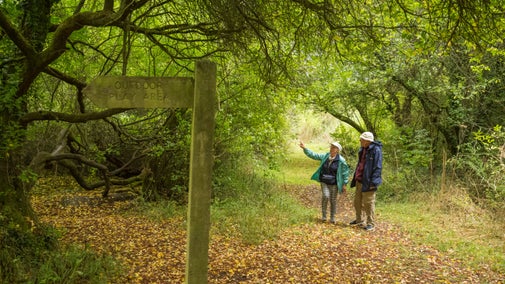
The tea-room serves light bites, drinks and sweet treats. Browse the selection in the second-hand book barn and find a pre-loved read to take home.

With plenty of space for country walks your dog will enjoy adventures here. Discover the best places to take your dog and facilities available. Lytes Cary Manor is a two pawprint rated place.

Find out about exploring the manor and the objects on display inside. See a 16th-century herbal book translated into English, leather mannequins and an embroidered mirror.

Learn about the wildlife around the estate, the carved characters and creatures to spot in the house and seasonal activities on offer.
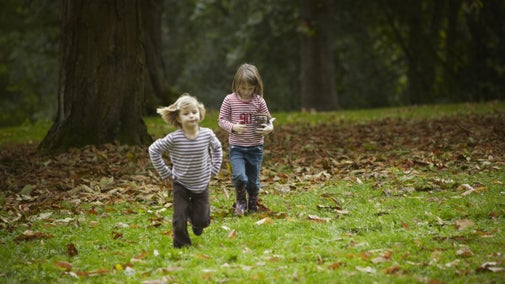
From 18th-century water gardens and Arts and Crafts landscapes to intimate woodland gardens, there are so many places to discover.
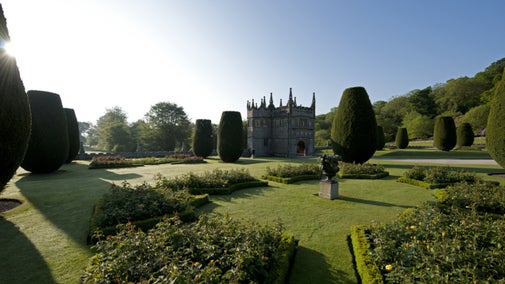
Discover our gardeners’ top tips so you can make the most of your garden, plot or window box.
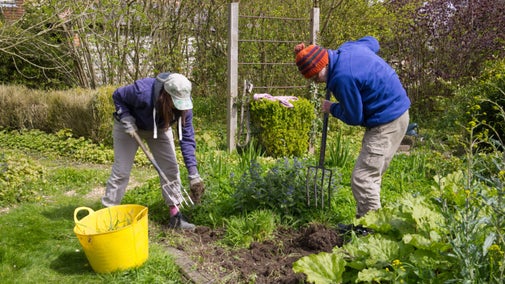
The Somerset area has some wonderful gardens filled with fountains, lakes and terraces. Here are the perfect places to explore this winter season.
